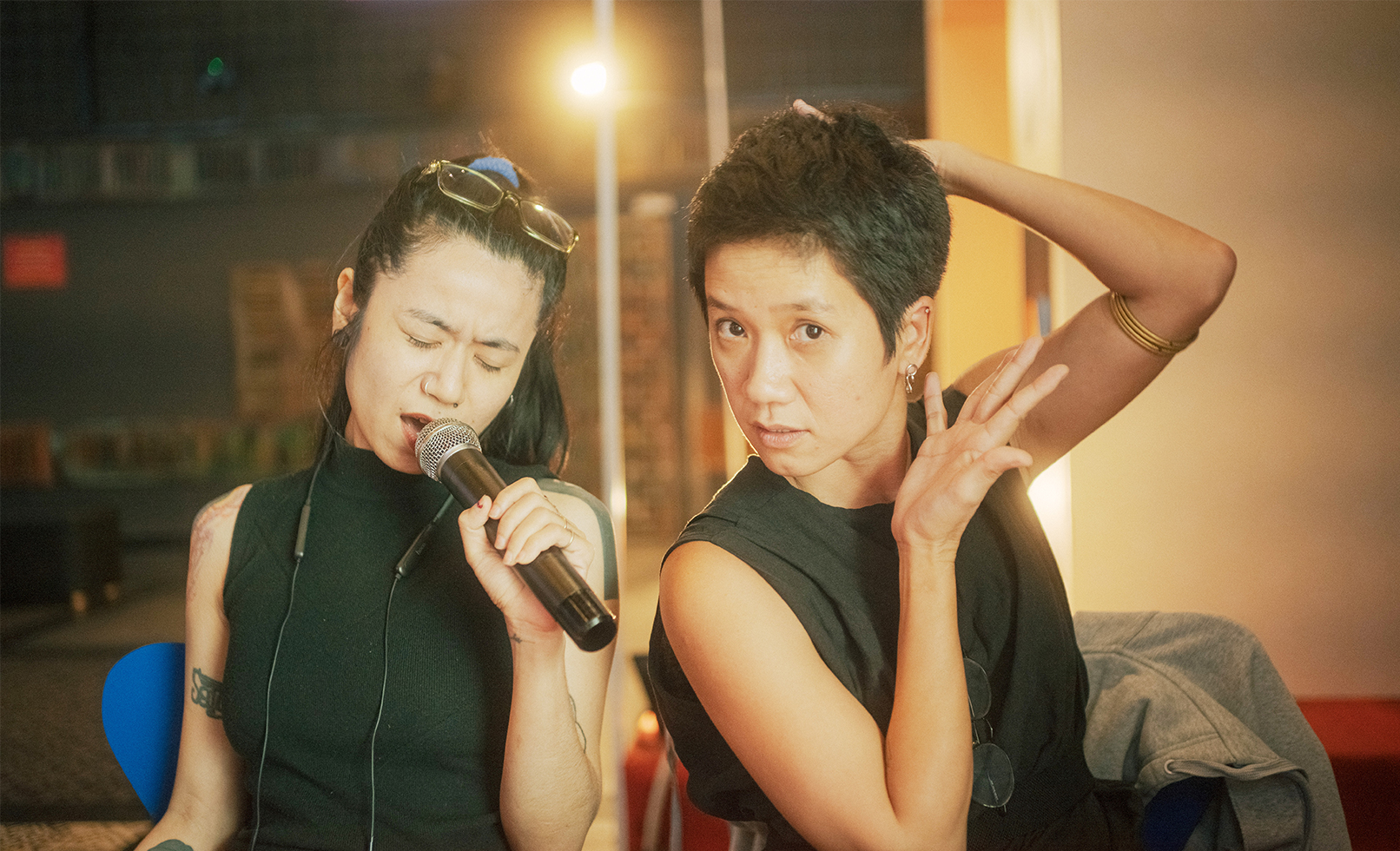
Day 2Friday 4 August 2023, 14:35 - 15:05
Human history is associated with migration; and cuisine, as a material and spiritual culture, is one of the key symbolism shaping human history in the migration journey. Many of the foods found in ordinary meals throughout the world are descended from the exchanges that helped shape our contemporary culture.
"Vietnamese rice paper" for instance, is a popular dish in Vietnam, but it is not necessarily a specialty of any region. However, we recognize the further south of Vietnam, the more popular rice paper is, because it is a food associated with exiled migrants in the process of exploring and expanding the new undiscovered-lands, as a convenient food because of its dry and light nature.
This rice paper is used for making fresh spring rolls or fried spring rolls in Vietnamese cuisine. Many akin "spring roll" variations may be found in neighbouring Southeast Asian nations, including popiah in Malaysia and Singapore; fried popiah in Brunei; popia sot, popiah thot, and kuaitiao lui suan in Thailand; lumpia Basah in Indonesia; and lumpiang sariwa in the Philippines. They all have a simple technique of "wrapping" and "filling", and eating is likewise easy, requiring no equipment and only bare hands.
Based on the theme around the human cycle of consumption and production as a kind of transition and out of control, we have arrived at a period where we must return to a number of existential concerns and identify ourselves in this system of consumption. Thus we look to this popular type of Southeast Asian dish not only to demonstrate the cultural influence of a migration process, but also to highlight the flexibility in the way we approach a new land and still preserve our own spiritual/material culture with our bare hands. By playing with language and relying on an open perspective on the concept of "spring roll" this presentation attempts to pose an intriguing question: "what can we write on rice paper?"
At the end, perhaps this presentation simply reminds us to be more aware of our surroundings, to examine our daily meals, what we eat, what we swallow, how we digest them, or to look beyond the context of who we are dining with.

A Sông is an art club/collective founded and organized by artists since 2019 based in Da Nang- Quang Nam, which has focused mostly on artistic community thinking, art-form experimentation, and living between art & non-art life in the central region of Vietnam. The movement of the rivers as a gentle lullaby in Quang Nam served as an inspiration for the creation of A Sông, which nourished the locals and their culture.(sông is translated as river)
Between 2019 and 2022, A Sông's activities frequently shift between urban and rural locations. Starting in 2023 with new members, A Sông's programs focus on arts education through community gathering, workshops, art residency, screening & discussion programs.
Nguyen Vu Xuân-Hạ is an artist and community-engaged art practitioner, who currently based in Da Nang; and whose practice focuses on the sociocultural changes in the central region of Vietnam. She also plays an active role in building and expanding the local art community as she believes that community is at the core of her practice. She co-founded the art collective Chaosdowntown Cháo in Saigon (2015-2019); and a sông club (since 2019) in Da Nang.
Mai Huyen Chi creates films and videos that range from documentaries to fiction to video and non-fiction. Her films have been featured at a number of international film festivals as well as domestic exhibits. With a Master's degree in Screenwriting and various practices, she pursues understanding aspects of "living", the power relationships between the parties in front and behind the camera, on and in front of the screen. Chi is concerned with representation and diversity in narrative, art, and culture. She believes in the power of art to educate and improve society. Learn more about Mai Huyền Chi: chimaian.com